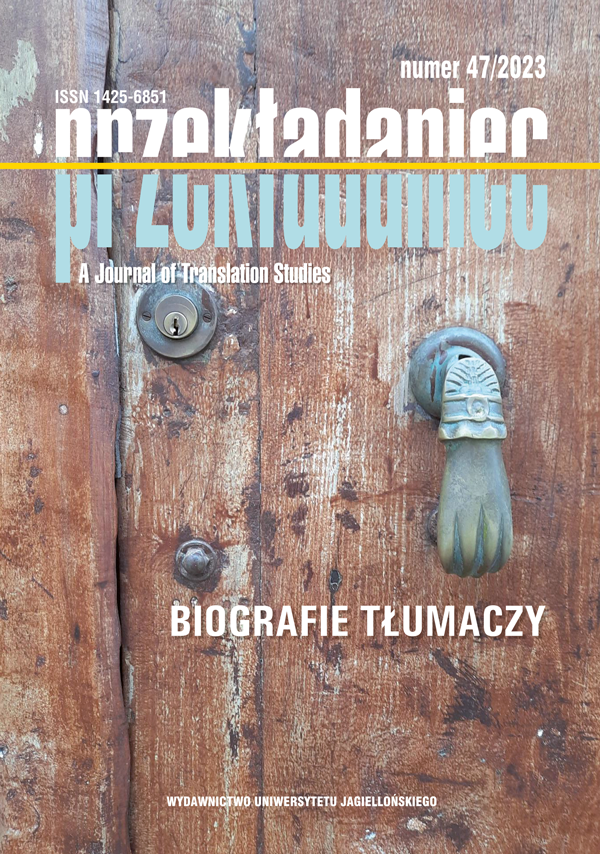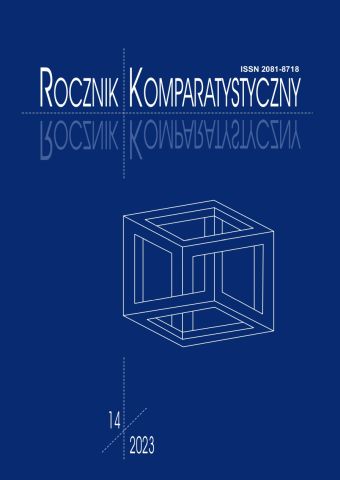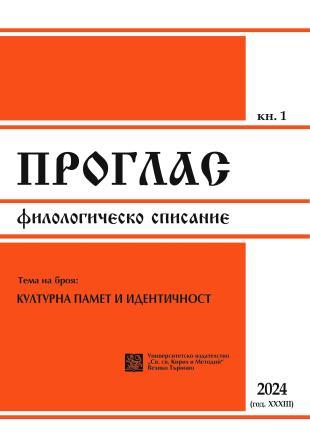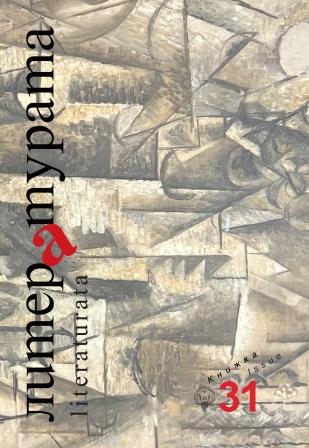
Tłumacze i ich biografie – pytania metodologiczne
This article considers the methodological issues of research in Translator Studies, that is, concerning translators themselves and their biographies. Above all in the perspective of the cultural turn of the 1990s, which led to a new understanding of both the translators themselves and their role in intercultural communication, undertaking and clarifying the principles of such research seems to be a consistent step in the theoretical development of the discipline of Translation Studies. The article lists and defines the most important aims and objectives of biographical research on translators. Also presented are specific research models and paradigms, which can be used to reconstruct and describe so-called translator biographies. Finally, the author considers to what extent it is advisable to combine facts about the life and activities of translators into larger and coherent biographical narratives. In this respect Translation Studies could benefit from the conclusions of Biographical Studies, particularly regarding the reliable and adequate use of data collected in biographical research.
More...





